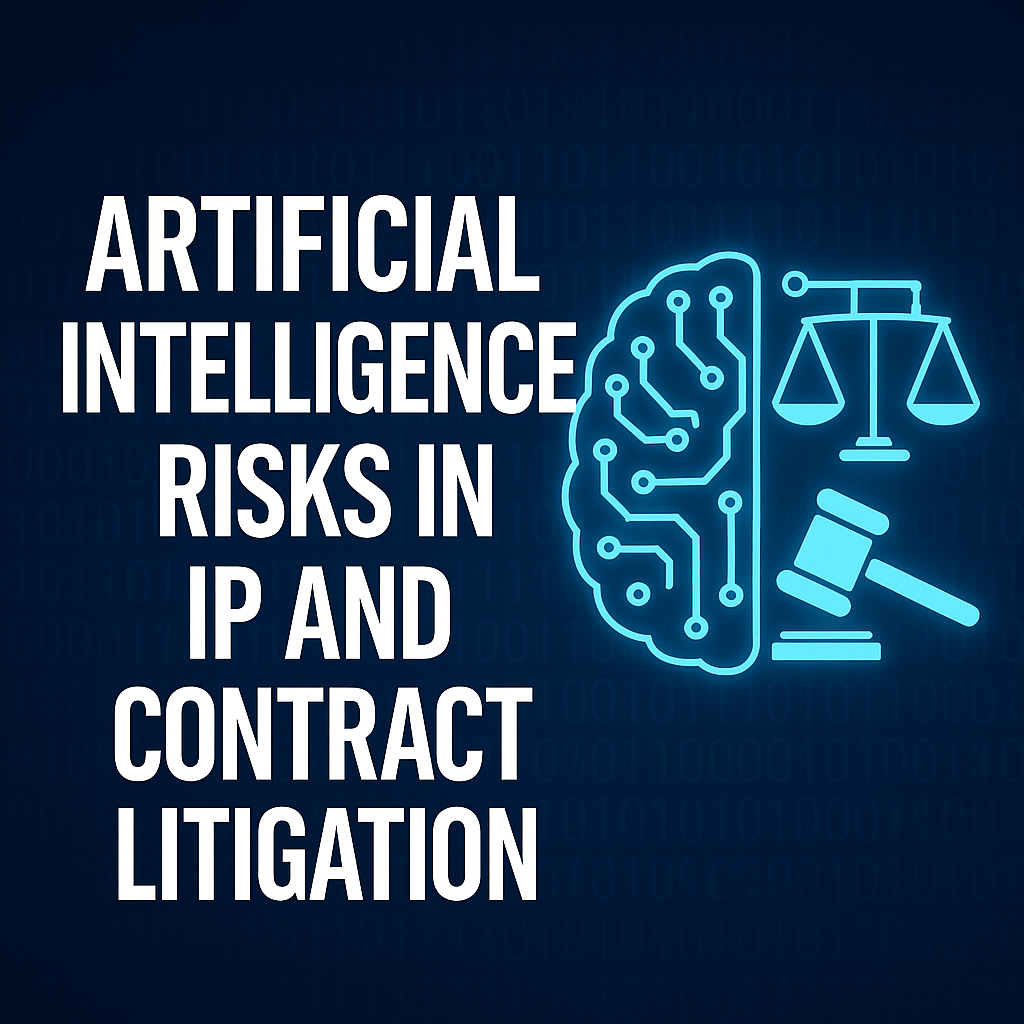Artificial intelligence (AI) is increasingly adopted by small and mid-sized businesses (SMBs) to streamline operations and enhance services. However, this shift also introduces significant legal exposure—particularly in intellectual property (IP) and breach of contract litigation. Improper implementation, third-party tool misuse, or vague contractual definitions often result in disputes that demand technical analysis. As AI becomes embedded in business operations, attorneys must understand how these systems function—and when AI expert witness testimony is essential.
The following are five key areas where ML intersects with legal liability and often becomes central to commercial litigation.
1. Customer Service Automation and Misrepresentation
More than 70% of customer interactions now involve AI-driven tools such as chatbots, according to Gartner. These systems can mislead users or fail to deliver promised service quality, potentially resulting in claims of misrepresentation, false advertising, or negligence.
Attorneys litigating such claims may require an artificial intelligence expert witness to analyze system behavior and determine causation.
2. Automated Operations and Performance Failures
ML systems are widely used in inventory, logistics, and resource management. Failures in these systems can lead to contractual non-performance, particularly where performance metrics are tied to automation.
In breach of contract cases, the key legal question is whether performance failure was caused by the ML system itself or by misapplication. An AI system audit may be needed to provide forensic clarity.
3. Recommendation Engines and IP Disputes
Many businesses use ML-powered recommendation engines similar to those found on Netflix or Spotify. However, disputes can arise when such systems infringe on protected algorithms, proprietary training datasets, or patented methodologies—resulting in copyright, trade secret, or patent litigation.
Expert witnesses can perform side-by-side comparisons of model behavior, architecture, and training pipelines to establish substantial similarity or derivative work, often the crux of IP claims.
4. Marketing Automation and Data Misuse
ML tools that automate customer targeting rely on vast datasets. If customer data is used improperly, or shared outside permitted channels, it can trigger violations of data protection laws or contractual obligations.
For example, breaches involving personal data may fall under GDPR in Europe or CCPA in California. When such systems are involved in litigation, expert investigation into data flow, retention, and access control is required.
Technical due diligence of marketing systems is increasingly a litigation necessity.
5. System Failures and Economic Damages
ML systems are used to support mission-critical operations. Failures can cause financial loss, regulatory breach, or breakdowns in supply chains. This often results in contractual claims, SLA violations, or third-party liability.
In these cases, causality is not always apparent. Legal teams often engage expert witnesses to conduct forensic system analysis and determine whether the ML system met performance obligations.
For guidance on this process, see: What Attorneys Need from Technical Experts
Conclusion: Litigation Exposure in AI-Driven Systems
Artificial intelligence is a growing source of litigation complexity. IP disputes, contract failures, and data misuse claims are increasingly linked to ML-powered platforms and workflows.
Legal teams navigating such cases require technical clarity, backed by AI expert witness testimony, forensic analysis, and defensible reporting. Whether dealing with algorithmic misrepresentation, data misuse, or trade secret violations, a well-documented expert opinion is often pivotal.
Sidespin Group provides expert consulting and litigation support in artificial intelligence, machine learning, and enterprise systems.

